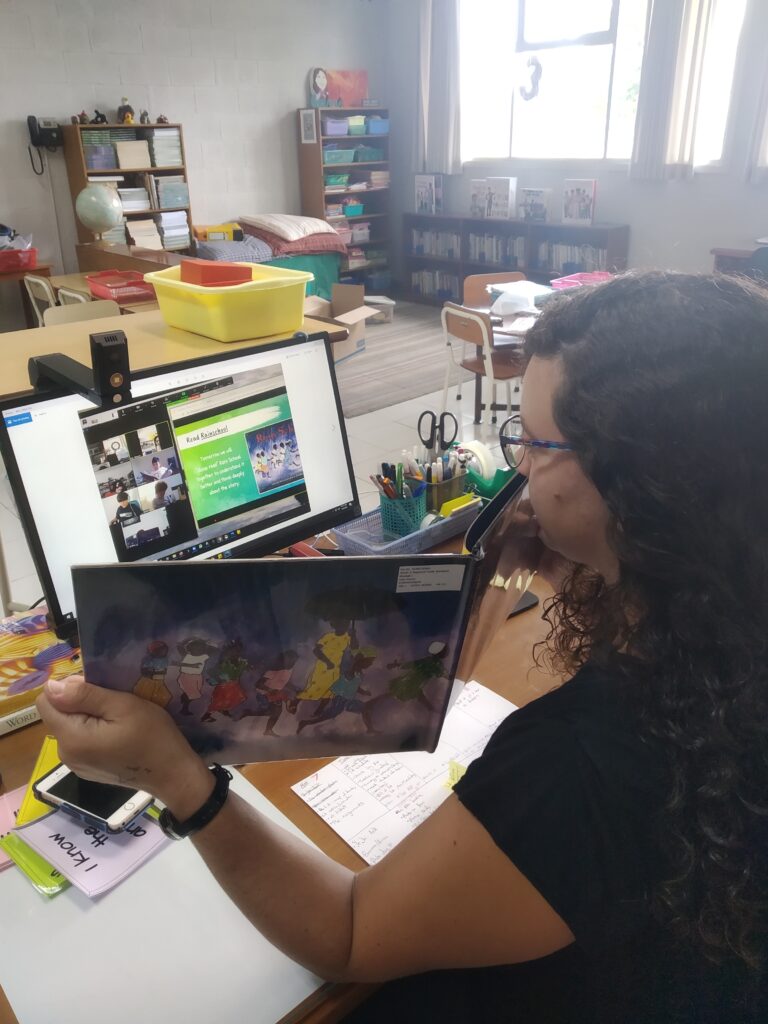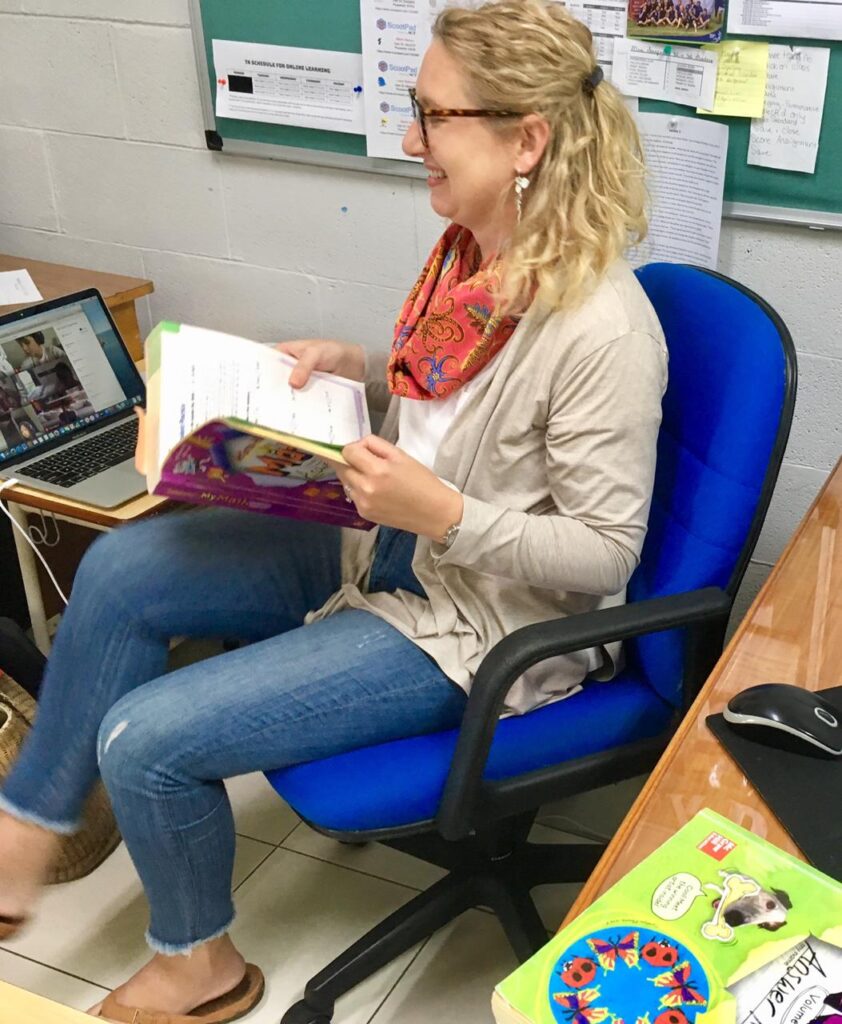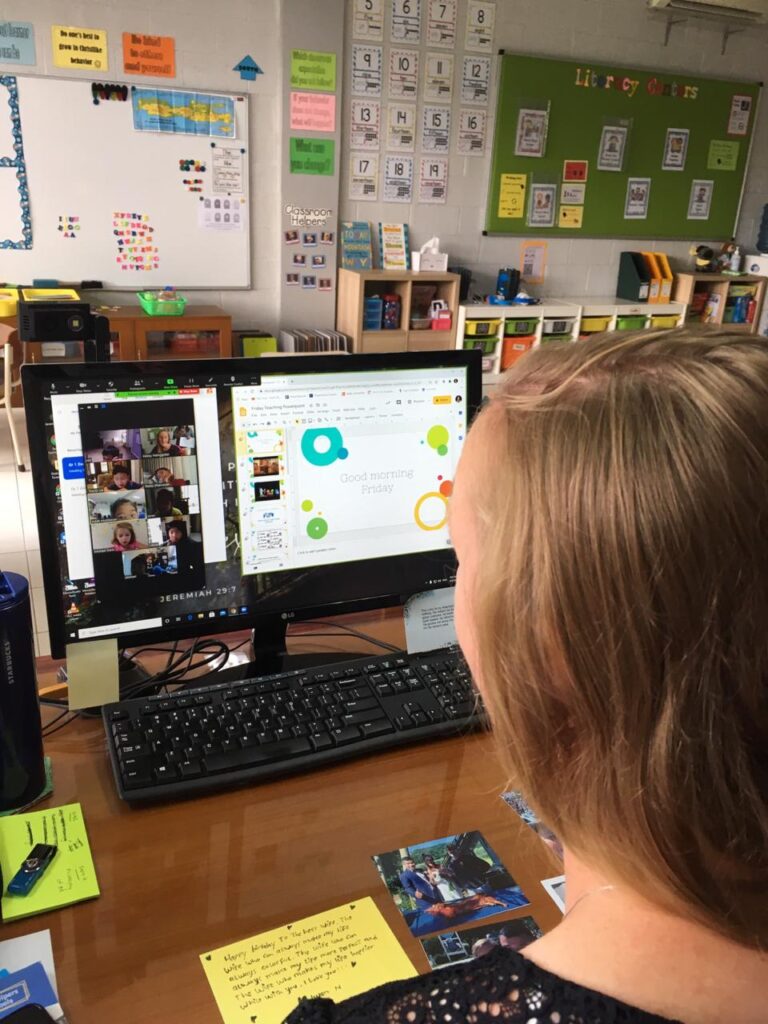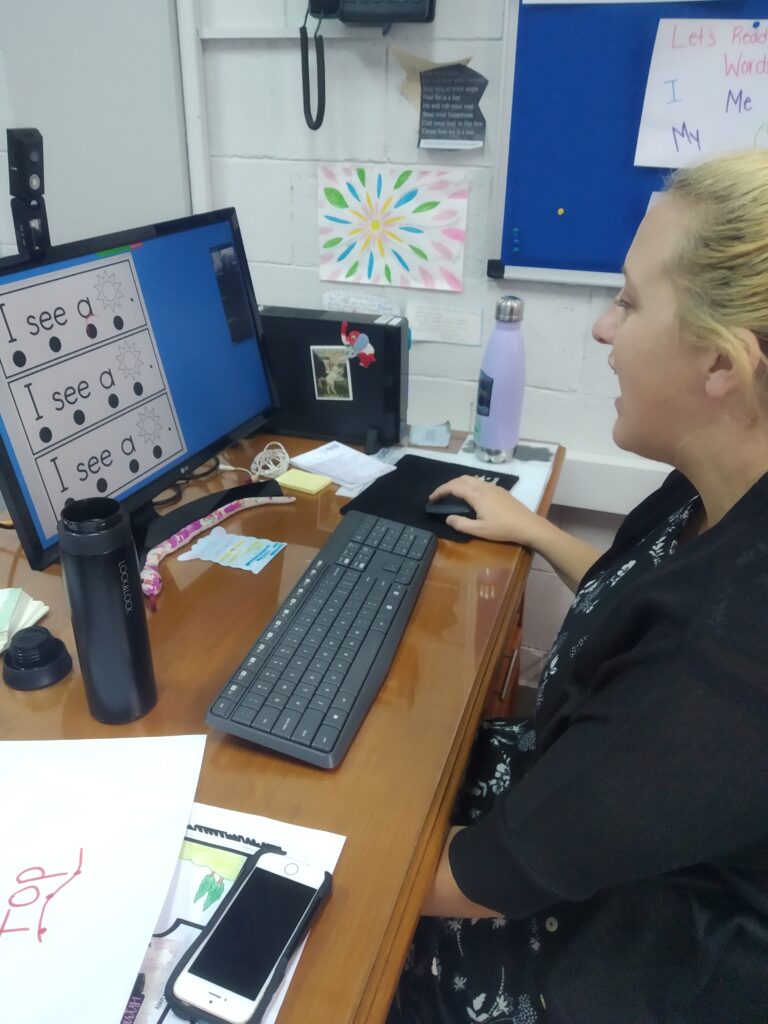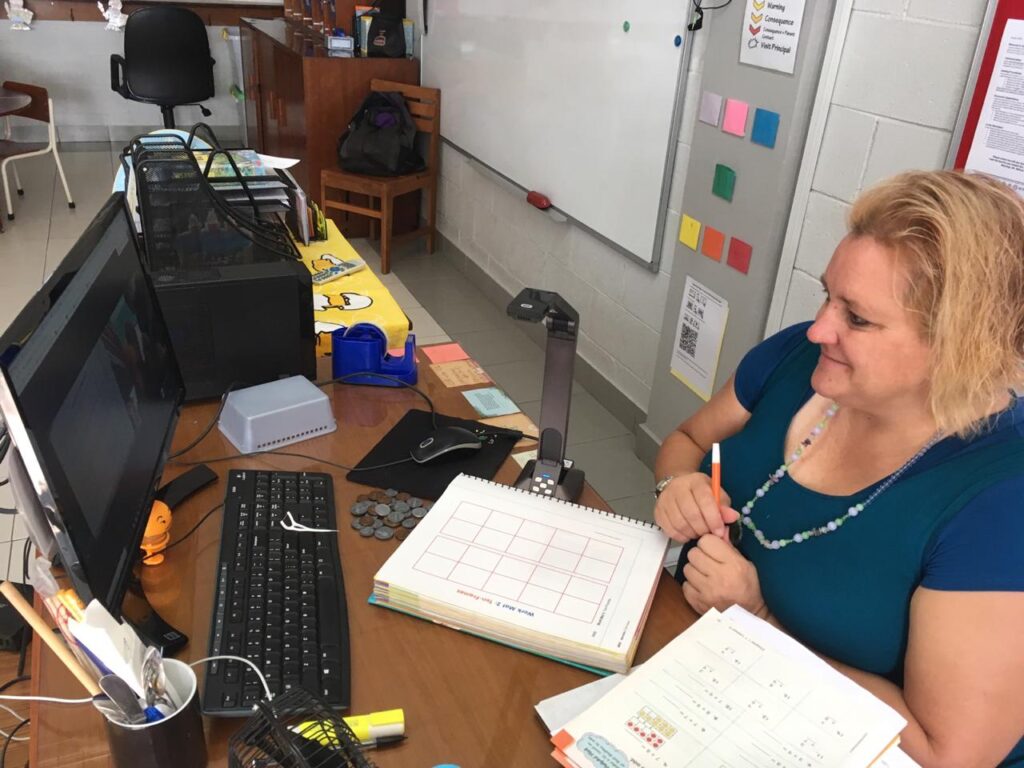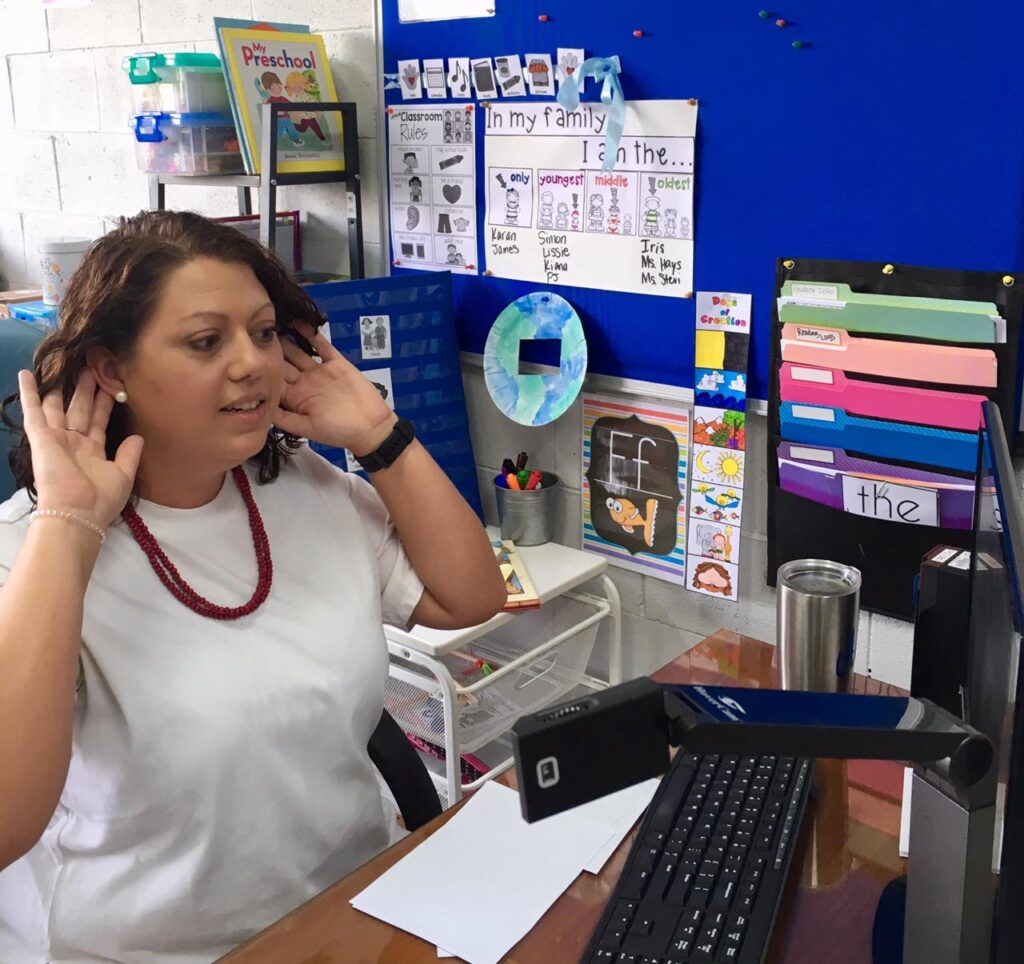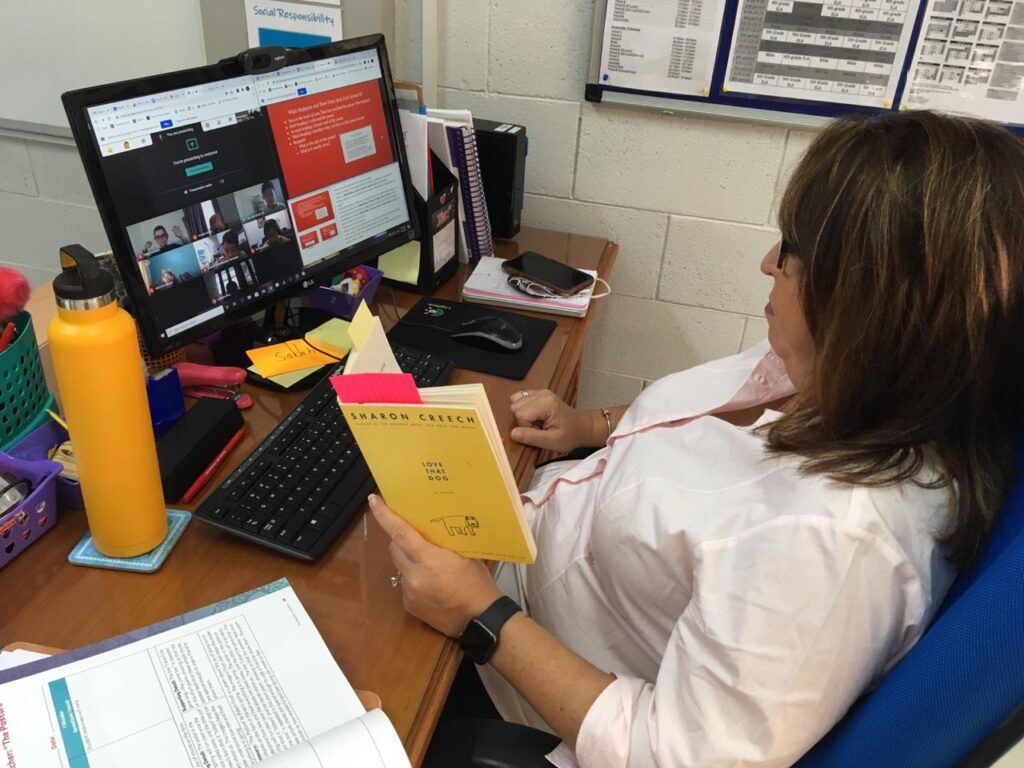Despite the routines we have developed over the years, schooling has never been a “one size fits all” endeavor. In fact, research has shown that each student possesses their own, unique learning style. Ending last year in emergency mode, teachers felt the need to keep subjects flowing, so that material and content could be properly reviewed and assessed. It was not ideal, but it was our only option. Though many roadblocks were encountered, our teachers and school staff successfully completed the 2019-2020 school year, promoting and graduating students in a special and unique way.
Beginning a school year in a purely online format is very different from ending one that has been prefaced with three quarters of in-class participation. For elementary students beginning a traditional, face-to-face school year, the introductions of a new teacher, elevated content/expectations, and brand-new routines are challenging enough. Now, imagine doing this without the privilege of being physically present with teachers or classmates. It’s a lot to take in. We are living with this reality in many parts of the world.
It’s important for us all to keep in mind that, though in theory, it would seem that we should just carry on digitally as if it were a regular school day, this is not possible, nor is it best-practice. Typical elementary school days consist of real-life socialization, transitions, beautifully teachable moments that present themselves without warning, lunch conversations, energy-releasing recess time, and active participation in specials classes. At home, we can try to fabricate these to the best of our ability, but the fact of the matter is, elementary teachers cannot recreate the same 7-hour school day online.
Our elementary teachers have one united focus which is: the spiritual and academic success and wellbeing of their students. Yes, we agree that all academic subjects are important. Yes, we want everything to be taught and taught well. Yes, we want our students to be challenged. But, we must remain united in the understanding that, until we are back face-to-face, routines and systems will be different. I am amazed, even at a distance, at how well our students and teachers are taking on this challenge. I applaud our parents for supporting their children and standing in solidarity with teachers. But most of all, I am thankful that we serve a God who is not surprised by what we are experiencing, and who loves our students more than we ever could.
– Neil Cantrall M. ED

